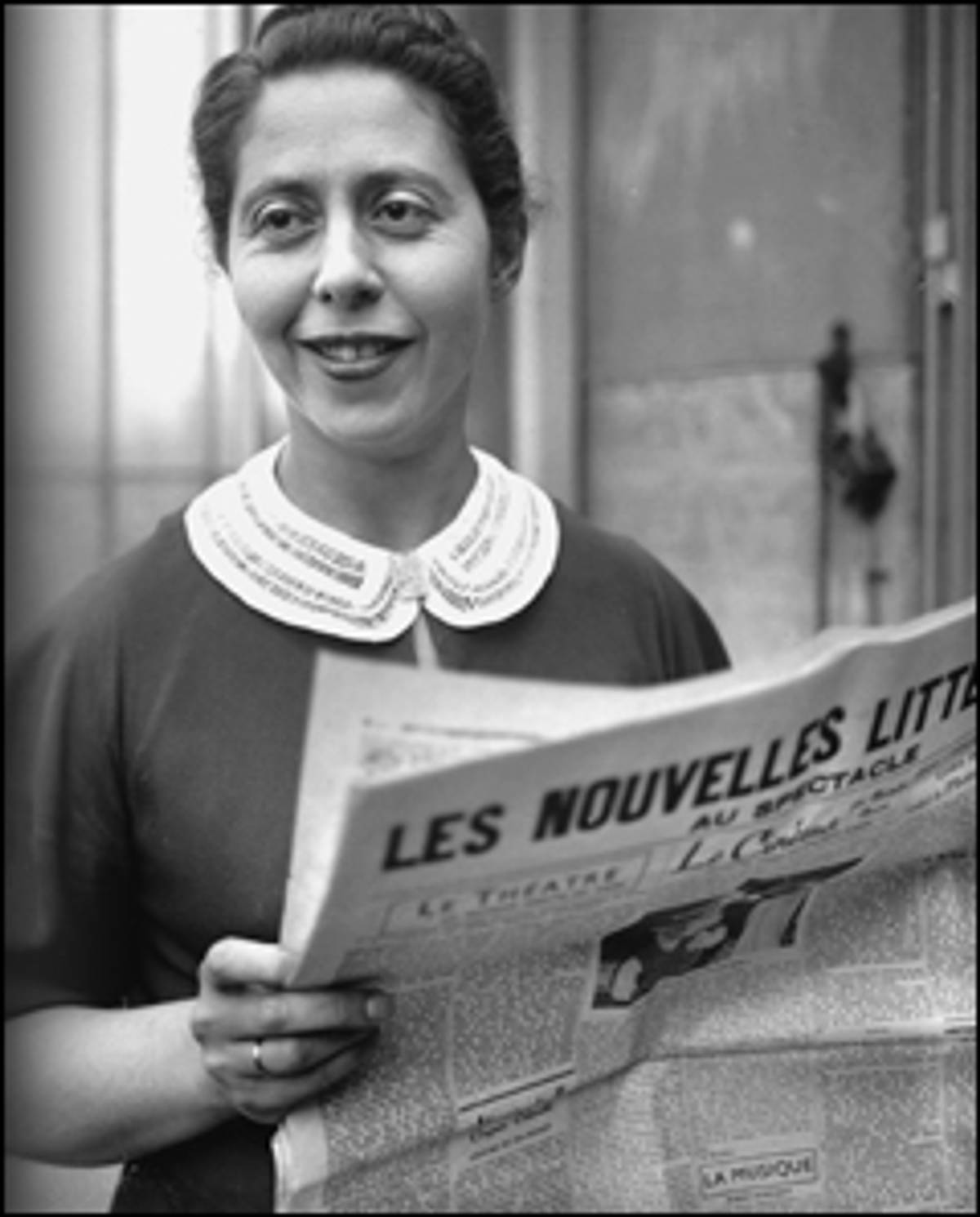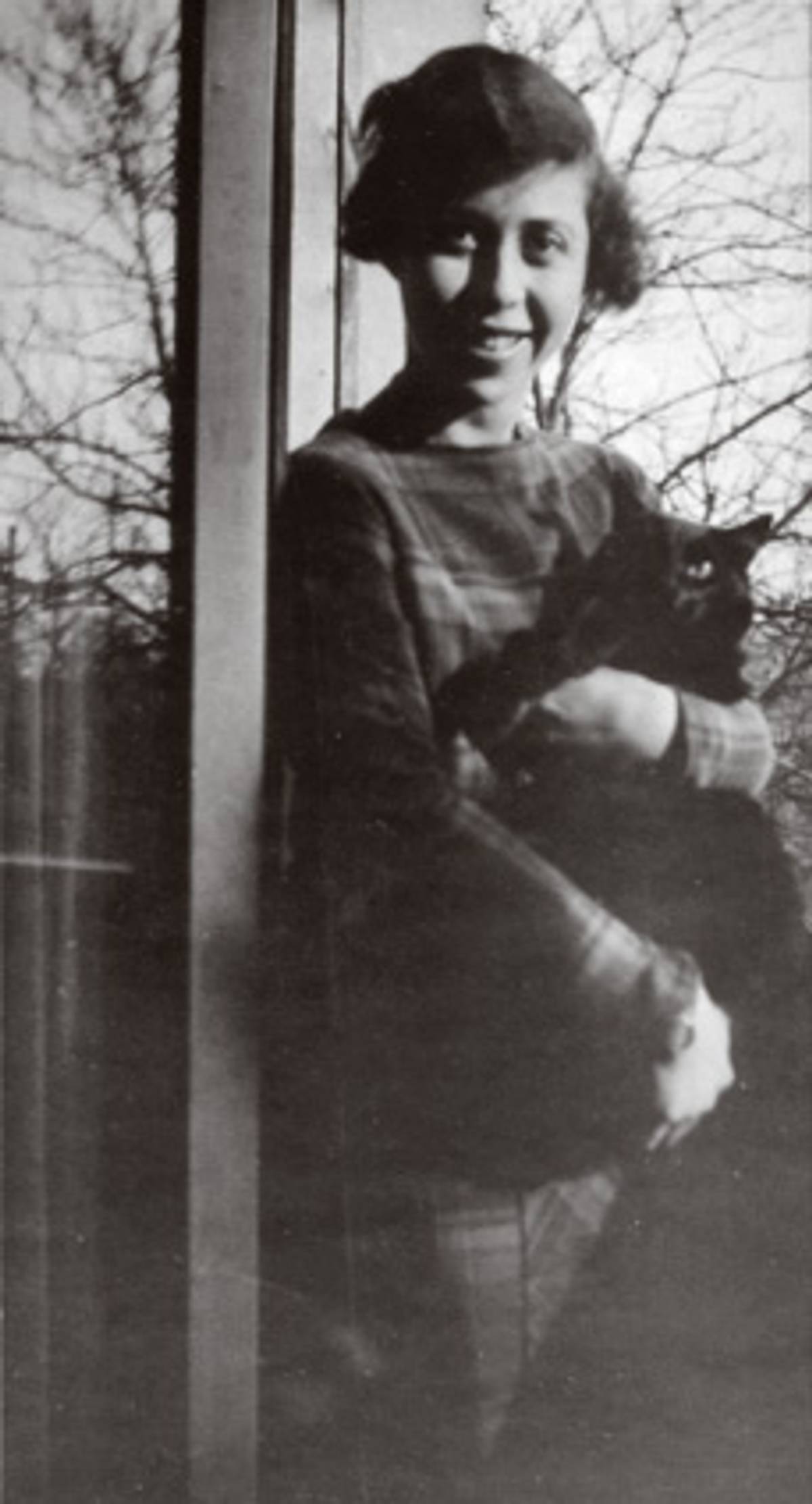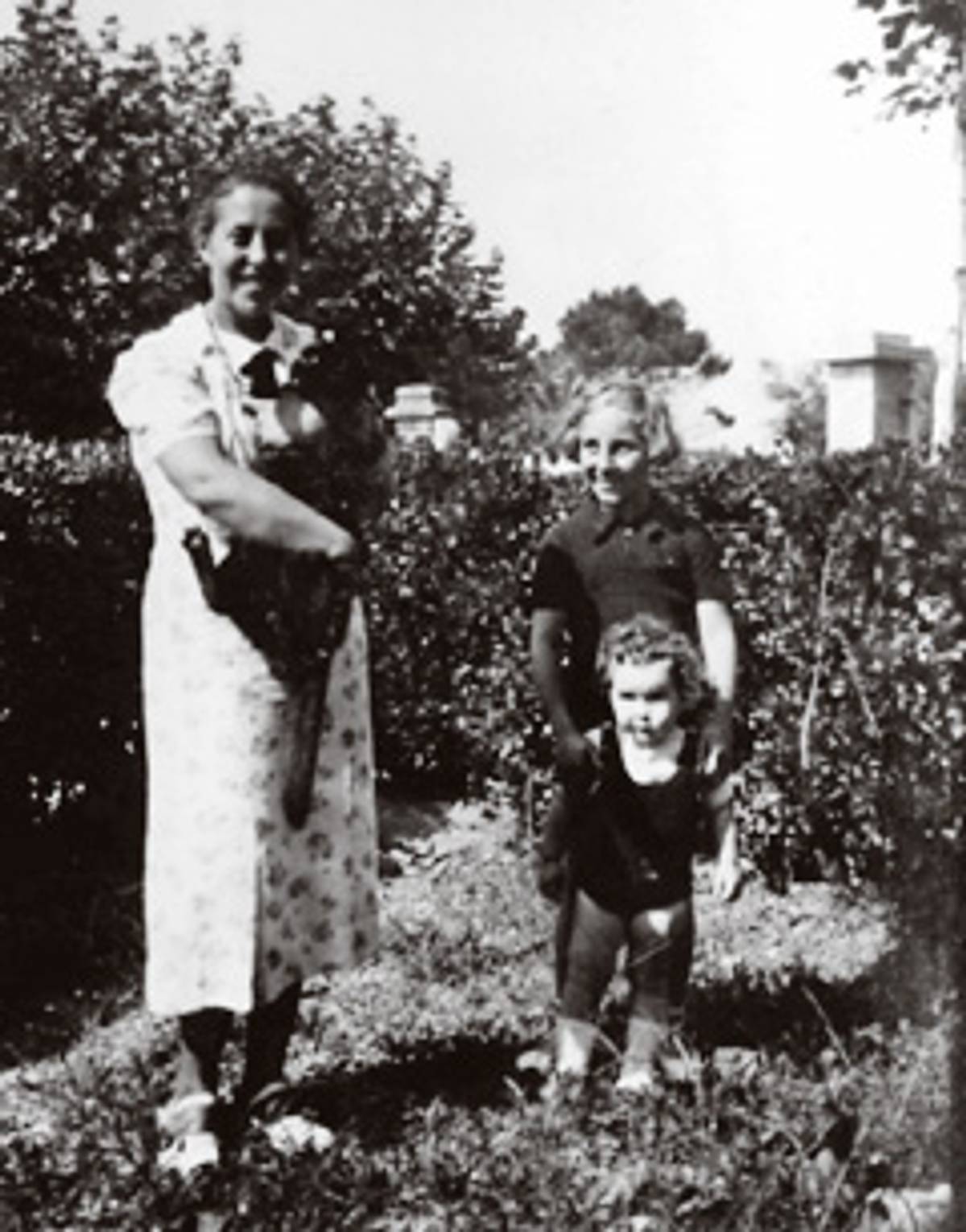By now the story of Suite Française will be familiar to many readers: How, in the summer of 1941, Irène Némirovsky, a French novelist of Russian Jewish origin, began what she envisioned as a series of five short novels, describing the events that had overtaken her adopted country little more than a year earlier, from the abrupt, humiliating defeat of the French Army through the German occupation and the course of what would soon be called the Second World War. How, in July, 1942, after Némirovsky had written the first two parts of this series, the French police came to the country house where she had taken refuge and arrested her for being a Jew. How she was transported to a camp inside France, then to Auschwitz, where she died a month later. How the manuscript of Suite Française survived in a suitcase, which was opened many years later by Némirovsky’s daughter Denise, who deciphered her mother’s handwriting with the help of a magnifying glass. How the novel was published in France in 2003 and hailed as a masterpiece, an astonishing achievement: a work of historical fiction written at practically no remove from the history it describes, but which nonetheless captures with lucidity and compassion the panic of flight before the German army, and the dull, anxious constraint of life in France’s Occupied Zone.

This story belongs to the class of legends that surround great books, and to a certain extent the legend has made the book great. The power of Suite Française—which, in the American edition at least, includes excerpts from Némirovsky’s diary, and the heartbreaking correspondence leading up to her deportation and death—derives not only from the words on the page, but from the murdered author’s silent appeal for justice, if not in her lifetime, then in ours. Certainly Némirovsky’s death overshadows the life that preceded it, making it hard to think of her as anything but a tragic figure, a martyr, perhaps even a kind of Jewish saint. And yet, as Jonathan Weiss’s new biography shows, for most of her life Némirovsky wasn’t any of these things.
Irène Némirovsky was born in Kiev in 1903. Her father Léon was a banker; her mother, Fanny, was beautiful, vain and self-absorbed. The family traveled often to Moscow; they spent vacations in the Crimea and on the Côte d’Azur. Then came the Russian Revolution: the Némirovskys were driven into exile, first to Finland, then Paris. Léon was not long in reestablishing his fortune, and by the age of 18 Irène was back in Nice, dancing, flirting, and staying out late. She was a haphazard student but an avid reader: already in Russia she had discovered Huysmans, Mauspassant, and Oscar Wilde; later she would develop a taste for the French Catholic writer Jacques Chardonne and Pearl S. Buck. She took quickly to writing in French, and by the age of 17 she was publishing literary sketches in Fantasio, a magazine for gentlemen.

Némirovsky had her first real literary success at 26, with the novel David Golder, an account of the life and death of a rich Jewish oilman who can say no to everyone but his pretty, spoiled daughter. David Golder abounds in caricatures that it would not be unfair to call anti-Semitic: Golder’s associate Simon has the “heavy, drowsy eyes of an Oriental” and teeth “paved with gold, [which] sparkled strangely in the shadows.” Simon’s wife has a “thin face with a large hard nose in the shape of a beak…her round bright eyes shone intensely beneath pale eyebrows, placed in a strange way, unevenly, very high up.” And so on. Némirovsky defended these characterizations on the grounds that they were drawn from her own experience. But, Irène, teeth that sparkle strangely in the shadows? Eyebrows placed in a strange way? The Jewish press reacted to the novel with dismay; one journalist left an interview convinced that Némirovsky, if not actually an anti-Semite, was “also not very Jewish.”
Némirovsky’s fame, which lasted for ten years, nine more novels, two films, and a few dozen short stories, was mostly a right-wing phenomenon. Her books were serialized in the Gringoire, a newspaper that attacked Jews, immigrants, and Léon Blum’s Popular Front in its editorials. Némirovsky’s work was admired by the anti-Semite and future collaborator Robert Brasillach, and she in turn admired the work of Paul Morand, whose wife, Hélène, was an ardent pro-Nazi. If Némirovsky was uncomfortable in such company, she gave no sign of it. Weiss, her biographer, suggests that she was in the throes of a “discomfort with regard to her origins.” Her family had moved in Gentile society, high above the ghetto of Kiev, and she may have learned distaste for the unassimilated Jews with whom she risked being identified. Also, like other White Russians, she seems to have held Jews accountable for the revolution. “The aim of my life,” she wrote in a notebook, is “to document myself about Trotsky’s life, as a sort of eternal Jew, always in revolt…a traitor, a bit of a bum.” Near the end of her life, she converted to Catholicism, an act that seems to have been motivated more by real belief than by fear of persecution, which under French law she would have suffered anyway. In 1938 she petitioned for naturalization as a French citizen, but she had waited too long. Urged on by papers like the Gringoire, popular sentiment had turned against Jews and foreigners. Her petition was never answered.
There is no justice in Irène Némirovsky’s fate; there is no other story to be told about her death than the one that comes with Suite Française: she died horribly and in vain. If we are to look for the roots of the irony that runs through her biography—that she was a Jew who disliked other Jews, and was nonetheless killed by human beings who hated Jews with a violence that she was utterly incapable of imagining—we must look in the only place where she tried to give meaning to life: in fiction.

Némirovsky’s “discomfort” with respect to her own identity mars David Golder, and clouds Suite Française, despite the fact that not a single Jew appears in the novel, nor a single concentration camp. For all its immediacy, Suite Française is a curiously apolitical novel. In its first part, “Storm in June,” German planes bomb the wounded and strafe caravans of Parisians, who have flown southward into the countryside. But when the German soldiers appear in Bussy, the fictitious occupied village of the novel’s second part, they turn out to be mostly a likeable bunch, given to exposing their muscular torsos and calling out in giddy, youthful voices for more champagne. So much the better for Némirovsky, you might say: She has succeeded under extreme duress in extending her sympathy even to the occupying army; but as the novel progresses, her evenhandedness comes to seem less like sympathy than a refusal to engage with the reality of her situation, a retreat into a study of provincial manners à la Balzac. The only characters in Suite Française who seem capable of real harm are the Parisian juvenile delinquents who stone their adult guardian to death in “Storm in June”:
They were frenzied, they danced around the priest as he lay sprawled on the floor, they sang and shouted. One of the youngest, with a girlish face, jumped with both feet on a sofa whose old springs creaked under the weight. […] They felt a terrifying kind of joy. Dragging Philippe by the feet, they threw him out the window, so he fell heavily on the lawn. At the edge of the lake, they swung him like a bundle…. “Heave-ho! Kill him!” they shouted in their harsh, high-pitched voices, some of which still sounded childlike.
It’s as if Némirovsky were still fighting the battles of her childhood; as though the poor were still more to be feared than the Germans who were, even as she wrote, prohibiting her from publishing her work or leaving her house by daylight. (And indeed, Némirovsky mistrusted the Resistance, who, she thought, were out to “take everything” from those who owned the riches of the country.) This is less than sympathy, and more than ignorance; it is a kind of willful blindness, which is perhaps less evident to us now than it would have been fifty years ago: a blindness which had tragic consequences, not least of all for Némirovsky herself.